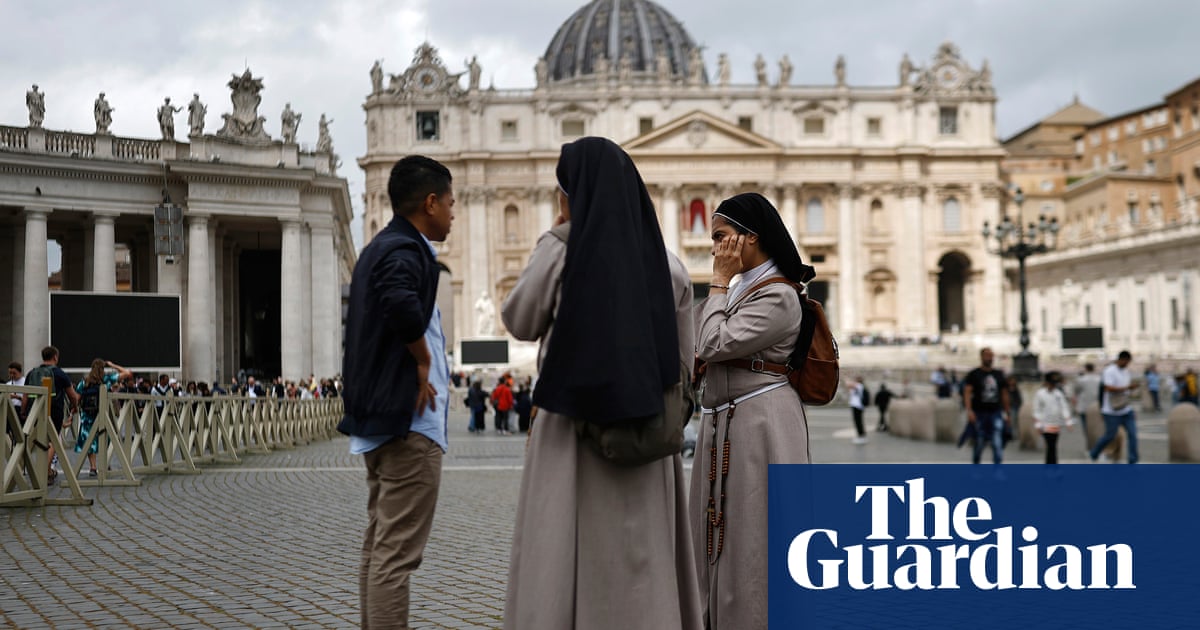The announcement from the Vatican regarding cutting mobile phone signals during the conclave to elect a new pope raises several points for analysis. This decision aims to ensure the secrecy and sanctity of the election process.
Intent Behind the Announcement
The Vatican's choice to deactivate phone signals indicates a desire to maintain confidentiality during the conclave. By preventing communication with the outside world, the Church aims to eliminate external pressures and influence on the cardinals' decisions. This measure can be interpreted as reinforcing the integrity of the electoral process, signifying the Church's commitment to a traditional and solemn election.
Public Perception
The public response may vary; some may view this as a necessary step to uphold the sanctity of the election, while others might perceive it as an attempt to control information and limit transparency. Given the gravity of electing a new pope, the Vatican likely hopes to cultivate a sense of respect and reverence among the faithful, encouraging them to focus on the spiritual aspect of the event rather than the logistics.
Hidden Agendas
There could be underlying motives not fully disclosed. For instance, the Vatican may want to divert attention from other internal issues or controversies that could arise during the transition period following Pope Francis's death. By spotlighting the conclave's secrecy, the Church could effectively shift the narrative away from potential criticisms or scrutiny it may be facing.
Manipulative Elements
The article leans toward a manipulative narrative by emphasizing the secrecy of the conclave without delving into potential concerns regarding transparency. While the announcement itself is factual, the framing could lead readers to question what is being concealed from the public eye.
Trustworthiness of the News
The information presented appears credible as it comes from official Vatican sources. However, the interpretation of the intentions behind the announcement may vary, affecting its perceived reliability. The focus on secrecy may overshadow the importance of transparency, leading to mixed reactions about the Vatican's openness.
Societal and Economic Implications
The decision might affect the expectations of the faithful and the media's coverage of the event. A tightly controlled narrative could lead to speculation and rumors, impacting public trust in the Vatican. Economically, increased attention on the conclave could boost tourism and related activities in Rome, as thousands gather to witness the event.
Target Audience
The announcement primarily appeals to devout Catholics and those interested in Church affairs. By emphasizing the traditional aspects of the conclave, the Vatican seeks to connect with a demographic that values the sanctity and historical significance of the papal election.
Market Impact
While the immediate impact on stock markets may be minimal, companies related to tourism and religious artifacts in Rome might see fluctuations based on public interest in the conclave. The significance of the pope's election can also influence broader global discussions about Catholicism and its role in contemporary society.
Power Dynamics
In a world where religious leadership can influence social and political landscapes, the election of a new pope holds considerable weight. This event may shape discussions around moral and ethical issues globally, especially in light of recent events and challenges facing the Catholic Church.
AI Involvement
It is unlikely that AI significantly influenced the writing of this article. However, if AI were used, it could have shaped the narrative to emphasize certain themes like secrecy or tradition, potentially guiding public perception in a specific direction.
The overall analysis suggests that the announcement serves multiple purposes, including reinforcing the Vatican's authority and managing public sentiment during a pivotal moment. The news is credible but requires careful interpretation regarding its broader implications.
